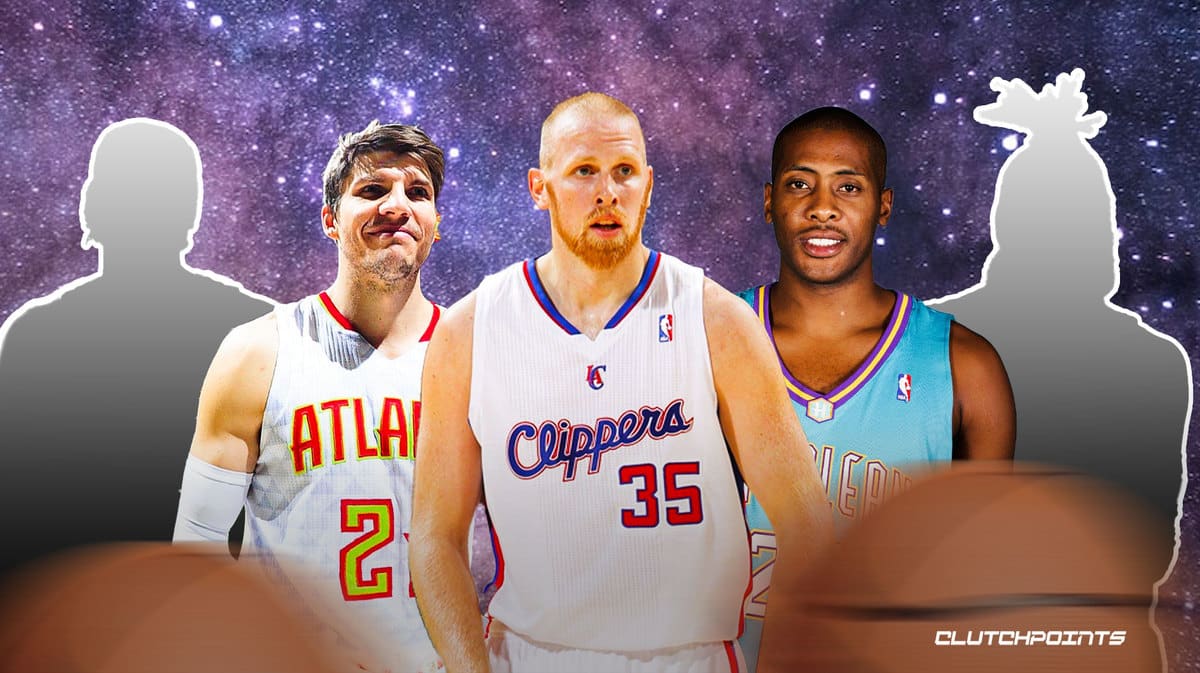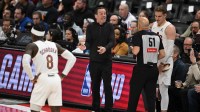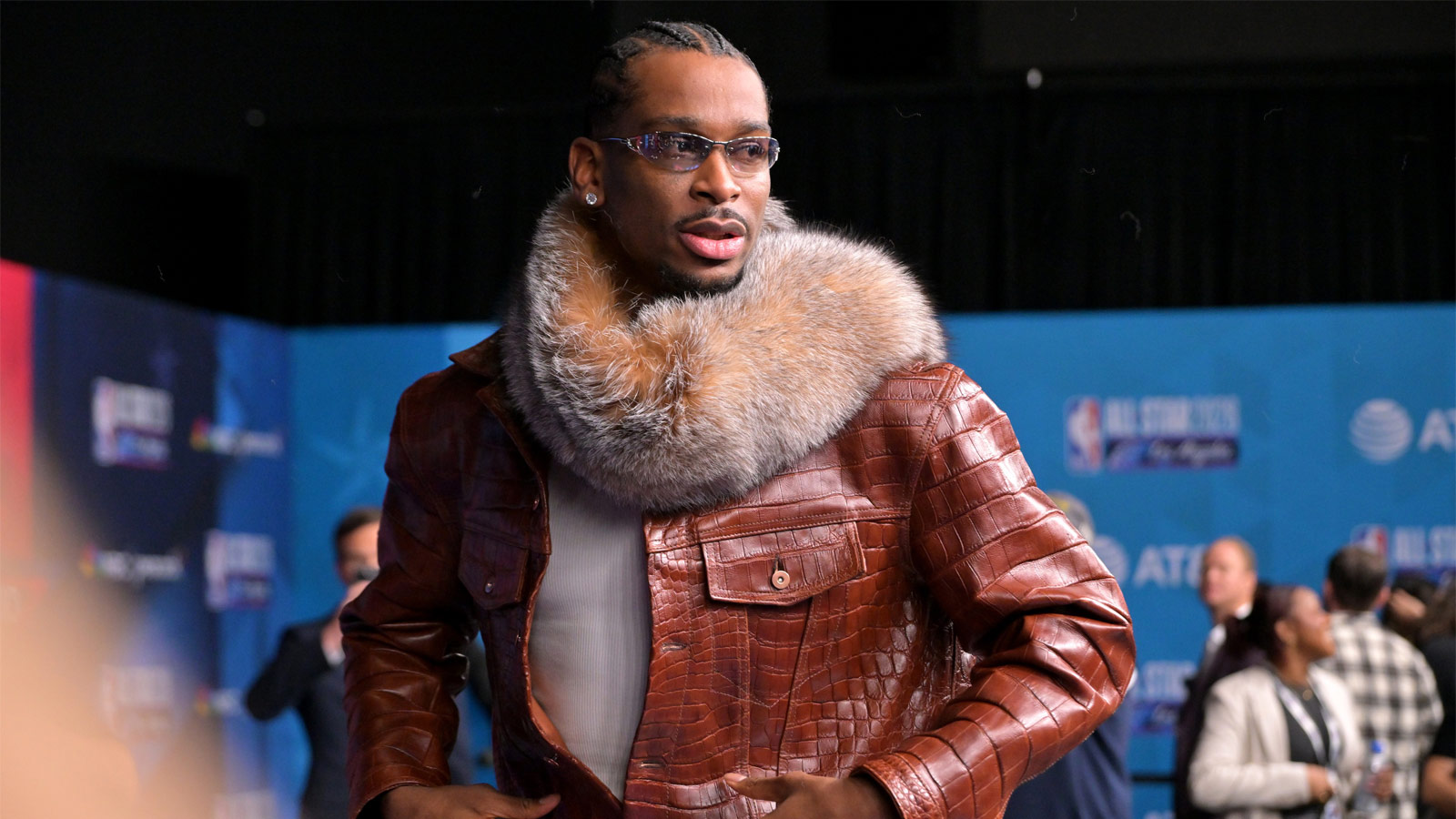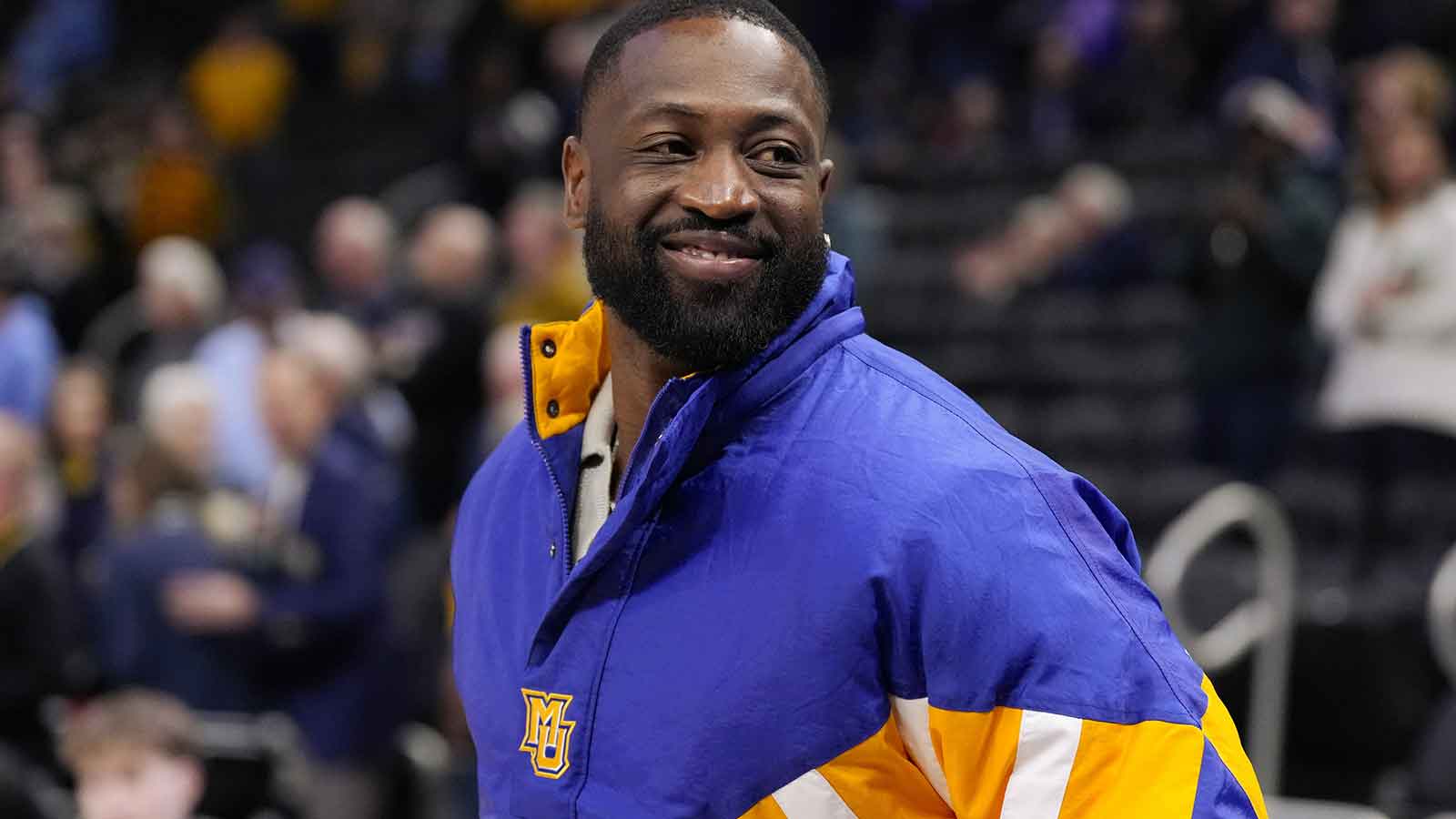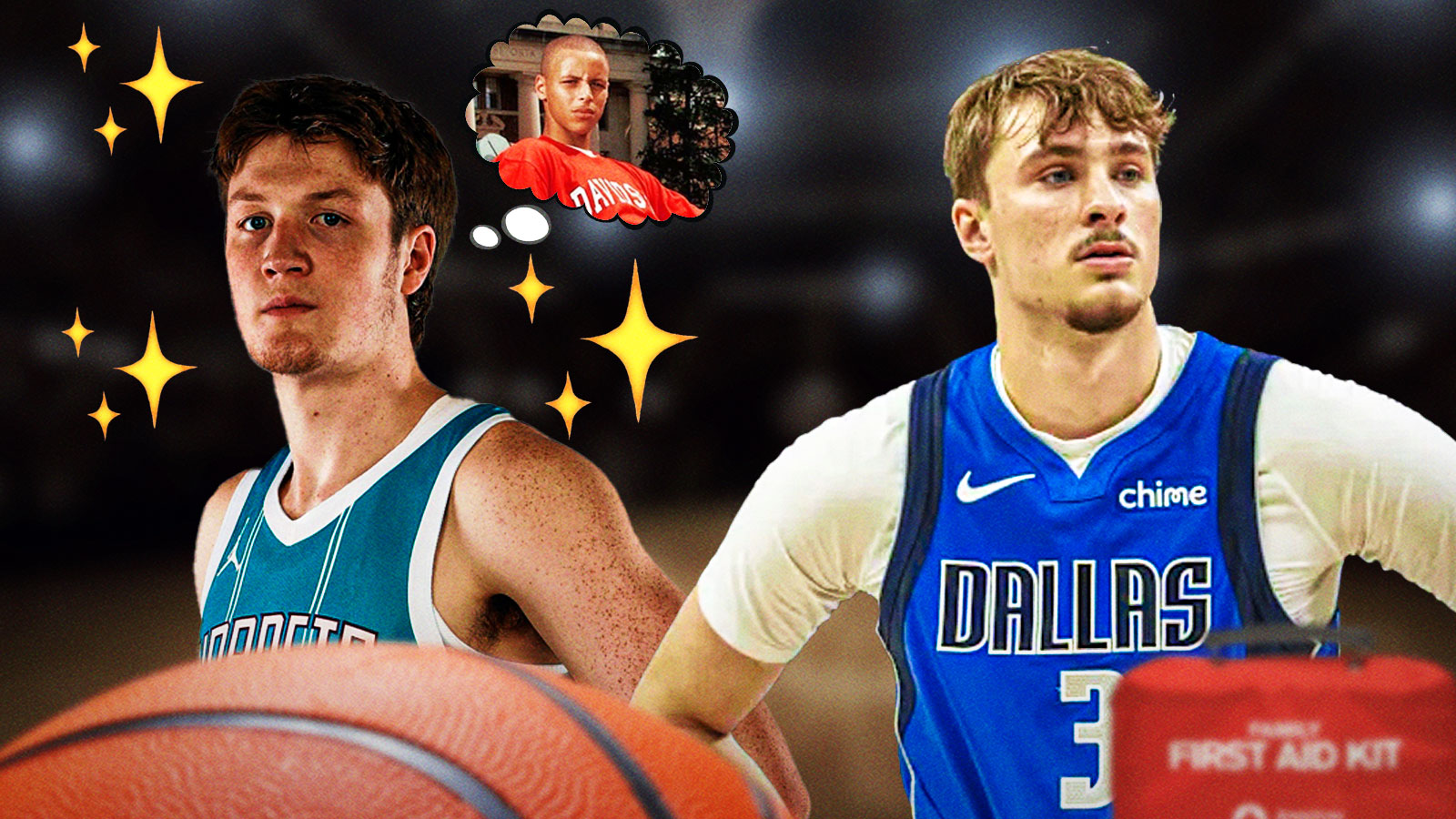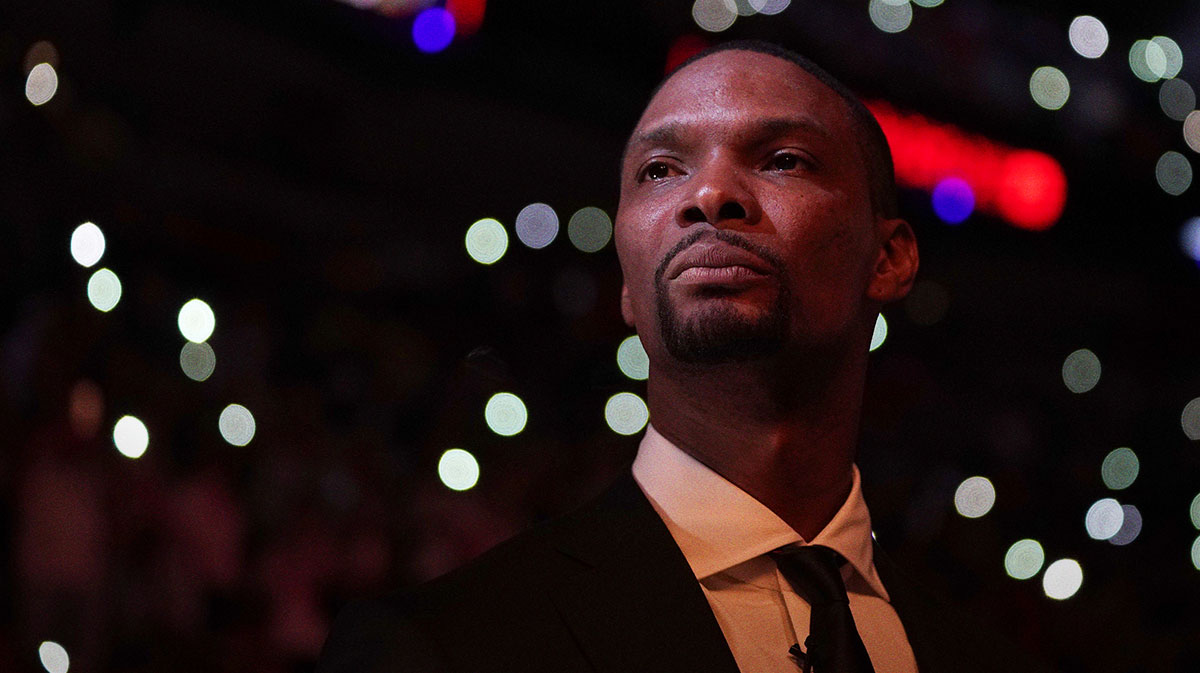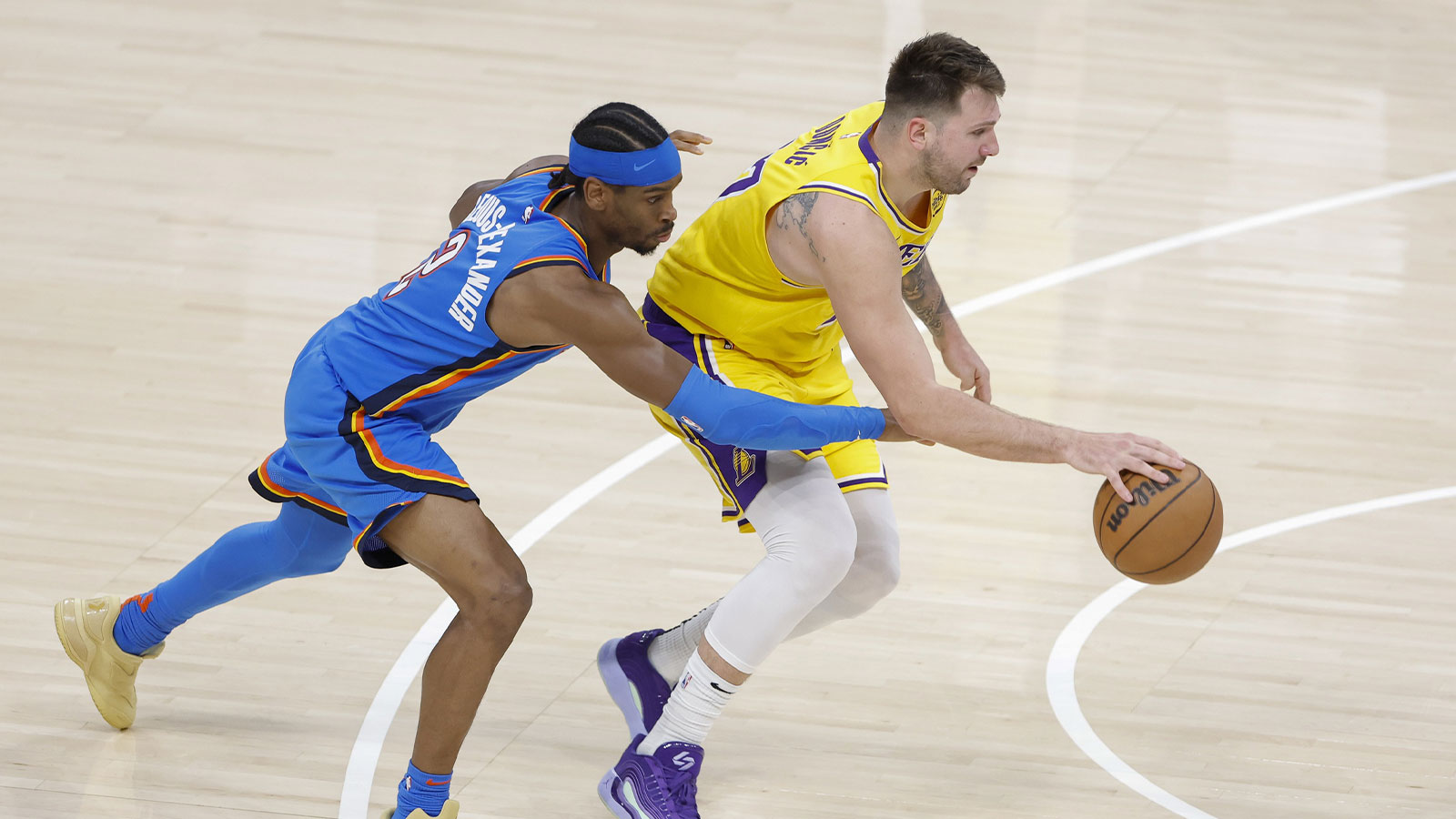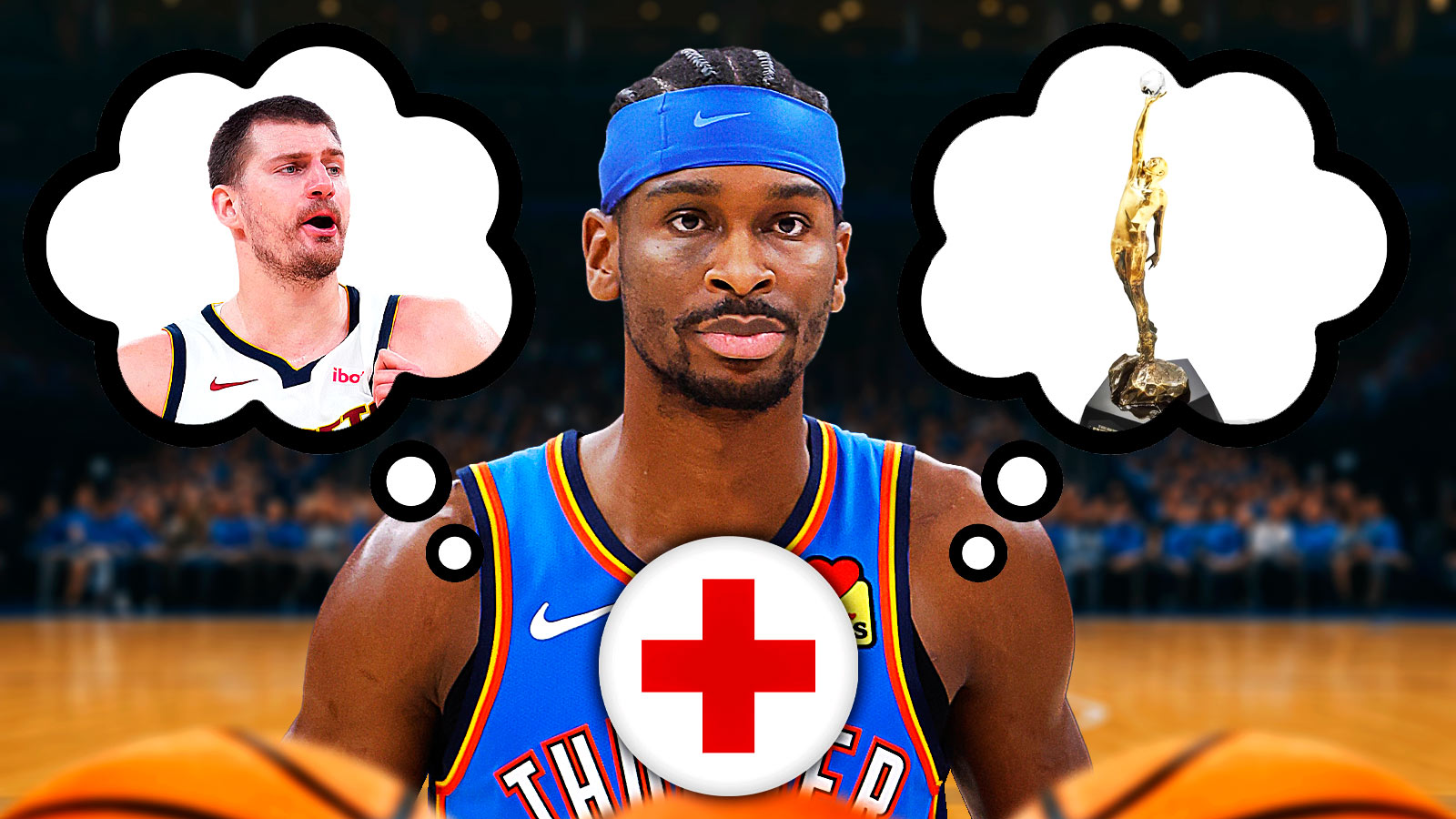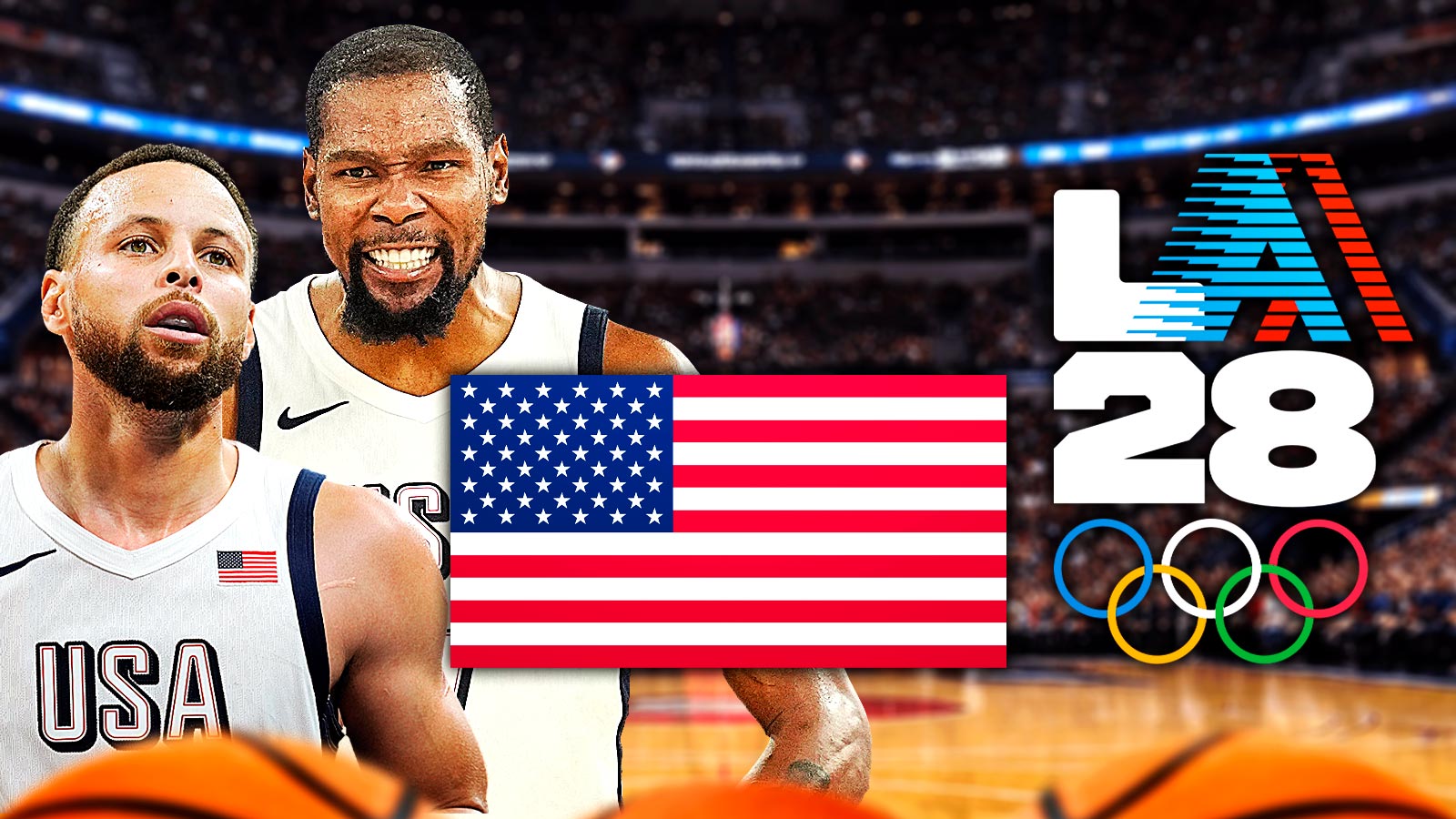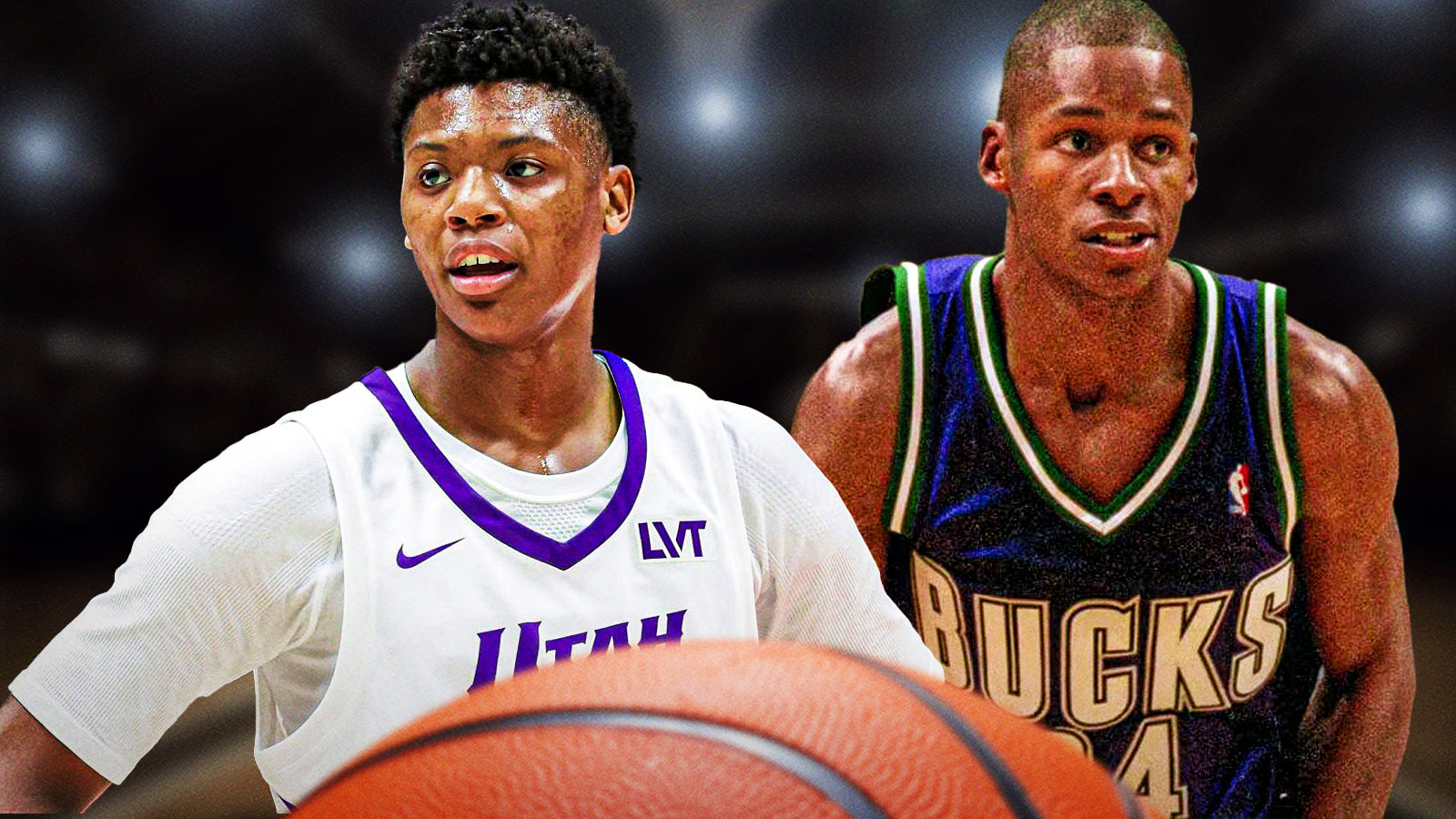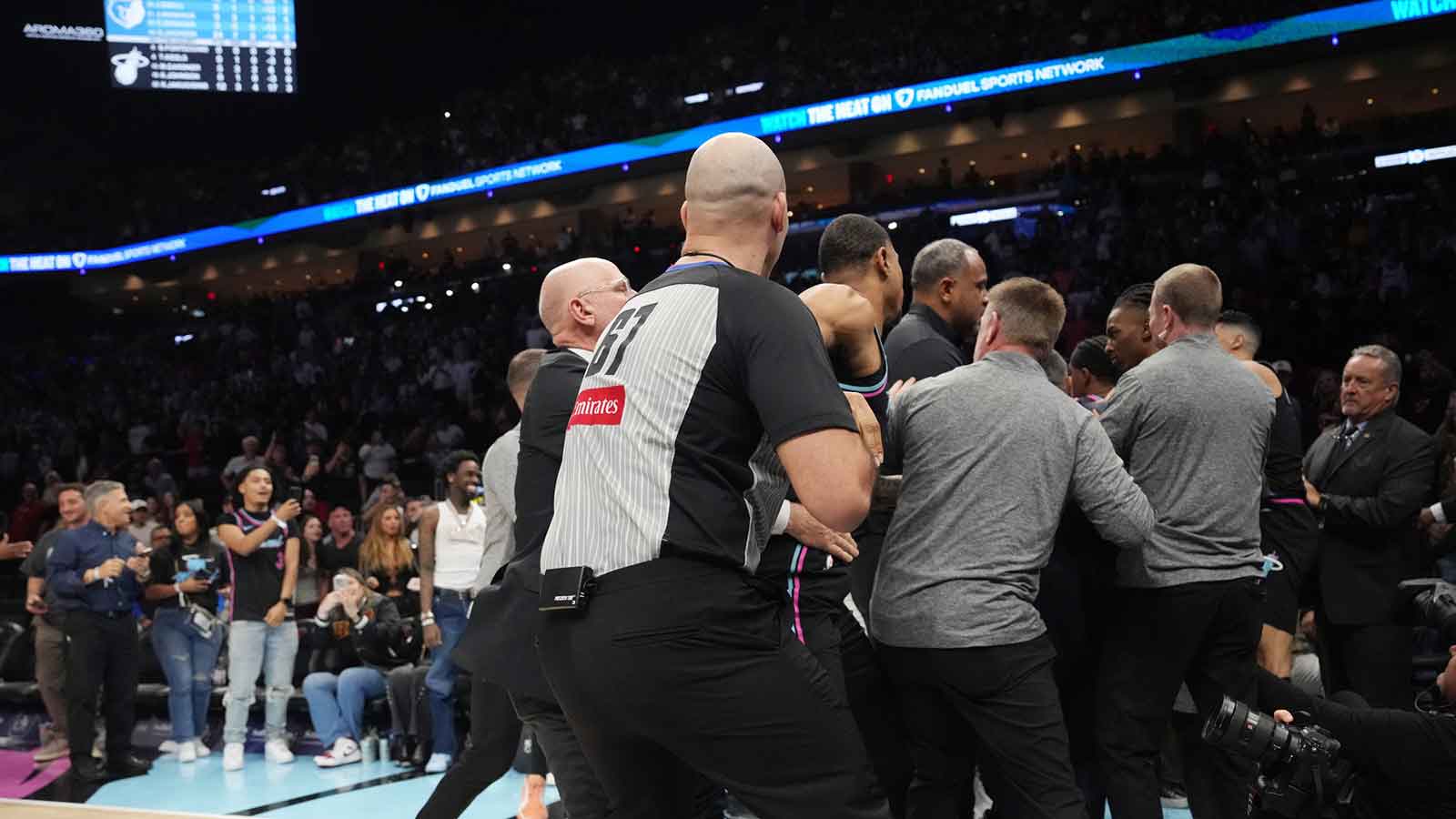The NBA All-Star Game is one of the highlighted events during the NBA season. Although for the most part, the most deserving players take the stage, there are times when the most unlikely players are declared All-Stars due to fan votes or injury replacements. For this piece, let’s take a look at the 10 most unlikely NBA All-Stars ever, with an honorable mention to B.J. Armstrong and his selection in the season after Michael Jordan retired. Those MJ votes had to go somewhere!
10. Goran Dragic (2018)
Widely known as Steve Nash’s apprentice, Goran Dragic has had a long and successful NBA career. However, his selection as an injury replacement for Kevin Love in the 2018 NBA All-Star festivities when he was with the Miami Heat was very surprising. Although Dragic posted solid numbers that season, the fact that he was picked over Khris Middleton and several other notable candidates that year just didn’t seem right.
9. Tyson Chandler (2013)
Tyson Chandler was in the midst of another double-double season that saw him average 10.4 points and 10.7 rebounds per outing. Although these numbers were decent for a center, an NBA All-Star should be able to score more than just making putbacks and easy shots around the basket. His defensive impact certainly made a case to name him an All-Star, but it just didn’t feel right when he got selected over the likes of some other heavy hitters.
8. Chris Kaman (2010)
With Blake Griffin out with an injury, Chris Kaman registered the best season of his career. He posted averages of 18.5 points and 9.3 boards per game for the lowly 29-53 Clippers. Nevertheless, it was enough to earn him an All-Star selection after replacing the injured Brandon Roy in the 2010 NBA All-Star Game. While Kaman had a fine career, it’s hard to see him as a player great enough to be an All-Star.
7. Jeff Teague (2015)
After leading the Atlanta Hawks to becoming an Eastern Conference contender, Jeff Teague was named as a reserve for the East All-Stars in the 2015 NBA All-Star Game. He averaged 15.9 points and 7.0 dimes per outing that season. While Teague’s numbers were decent, it was pretty crazy that he was among four Hawks picked for this game, as good as they were that season. More on this in a bit.
6. Jameer Nelson (2009)
Jameer Nelson was a steady guard for the Orlando Magic. Although he was a solid starter, Nelson was a borderline NBA All-Star at best. In the 2008-2009 season, he averaged 16.7 points and 5.4 assists, playing second fiddle to Dwight Howard. It makes it even much harder to believe that Nelson got the All-Star nod over Ray Allen.
5. Mo Williams (2009)
Another second fiddle, Mo Williams was a role player at best. However, playing beside LeBron James has its perks. In the 2008-2009 season, he averaged 17.8 points, 4.1 assists and 3.4 rebounds to become the second-best player of the Cavaliers. Williams was certainly a reliable second option. However, naming him an NBA All-Star seemed to be a stretch.
4. Kyle Korver (2015)
When it comes to shooting the ball off a catch-and-shoot play, Kyle Korver was truly elite and one of the greats. In the 2014-2015 season, Korver shot 49.2% from deep to lead the league in 3-point percentage. Although Korver’s shooting was great, his one-dimensional play often raised questions surrounding his lone All-Star selection. Being an All-Star means carrying a lot of the responsibilities of the team’s success, Korver was a role player who took care of business from beyond the arc. Moreover, his numbers of 12.1 points, 4.1 rebounds, and 2.6 assists per game don’t scream All-Star at all. But everybody loved the Hawks that season, so they got four players in the game.
3. Jamaal Magloire (2004)
Given the lack of big men in the Eastern Conference, Jamaal Magloire managed to snag an NBA All-Star selection in 2004. In the 2003-2004 season, he averaged 13.6 points and 10.3 rebounds. Although those were decent numbers for a center, it’s hard to put him in the same All-Star conversation composed of Ben Wallace and Jermaine O’Neal.
2. A.C. Green (1990)
There’s no denying that A.C. Green was one of the key figures in the Lakers’ dynasty alongside Magic Johnson. But with the rousing success of the Lakers at that time, fans may have hyped the Lakers a little too much by voting Green as a starter in the 1990 NBA All-Star Game over the legendary Karl Malone. In fact, during the 1989-1990 season , Green only averaged 12.9 points and 8.7 boards, which don't exactly scream All-Star numbers, let alone an All-Star starting nod.
1. James Donaldson (1988)
It’s hard to imagine calling a player averaging less than double figures an All-Star, unless he makes up for it with tremendous impact on other departments. Although 9.3 rebounds seems decent, a lot wouldn’t consider Donaldson’s impact worthy of an All-Star nod. Nevertheless, Pat Riley still selected Donaldson to replace Steve Johnson during the 1988 NBA All-Star Game.

